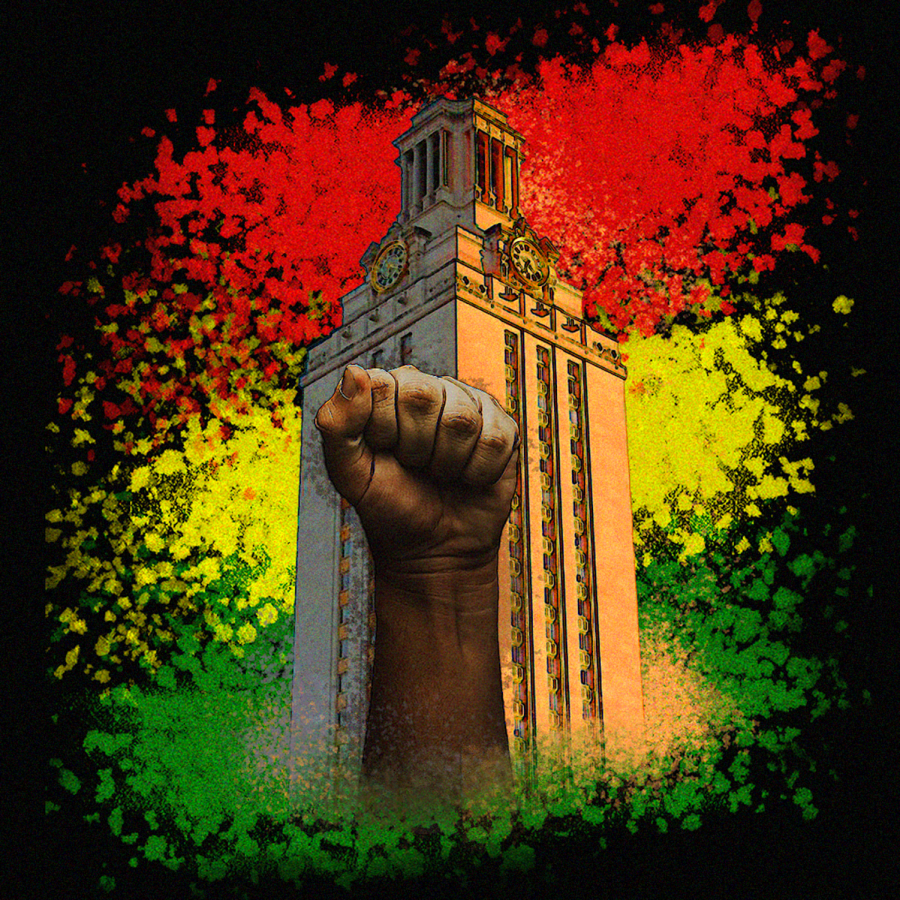My experience with ‘Black UT’
January 23, 2023
Within the past few years, there has been a glamorization of Historically Black Colleges and Universities (HBCUs). Black students in this generation have been shaped by the presidency of Barack Obama, the first Black president, along with the social injustices from police brutality and a tightly shared culture.
Enrollment at HBCUs has increased by over 57% since 2020. This change is even said to be the “renaissance” of HBCUs. However, it is crucial to note that these HBCUs are not perfect. Many of these colleges are underfunded, with low amounts of financial aid and sometimes even issues with housing and dining. This is due to limited amounts of federal and state funding compared to predominantly white institutions (PWI), a reason why 53% of Black students attend a PWI.
Despite logistical concerns with HBCUs, the culture is unmatched. From the outside looking in, Black colleges have everything from Drake and 21 Savage performing at their homecoming, a vibrant Divine Nine greek life presence and Fried Chicken Wednesday.
My decision to go to UT was one loaded with emotions. On one hand, I was proud that I had gotten into my childhood dream school. However, in light of the murder of George Floyd and the reemergence of the Black Lives Matter movement, the thought of going to a PWI came with apprehension. I no longer wanted to explain racism to my peers or have my hair petted at recess by classmates, as I had in elementary school.
When I committed to UT, I was surprised by the overwhelming welcome I received from the Black upperclassmen. There was a common acknowledgment that the Black population at UT is small but connected; Black student organizations wanted us to know that we belonged on the Forty Acres through small things like telling us where the beauty supply stores were and inviting us to the Malcolm X Lounge, which was more than any diversity training module could do for me.
Navigating UT as someone from a predominantly Black and Hispanic high school was pretty eye-opening. From the moment I stepped on campus, I was struck with culture shock. While it exposed me to different traditions and beliefs, it unintentionally reinforced the differences between me and my peers.
An in-depth debate with my roommates about the racist culture created by Fox News made me question my choice to attend UT. While I don’t know how the conversation came up, the intense discussion of conservative politics made me question whether I would have been happier going to Texas Southern University or Grambling State University as opposed to UT.
It took time, but my opinion changed as I started to connect more with “Black UT.” Going to Black Student Association meetings and other Black organization meetings made me feel there was more to campus than I initially thought. Black UT has organized its own Black Homecoming, helps fund Black businesses and connects Black students with a network.
Despite only being 5.2% of the UT population, Black UT has created a crucial, welcoming space for Black students to enjoy their college experience. While UT does not have the benefits of an HBCU, the culture of Black UT helps provide a supportive environment for Black students who would otherwise feel alone.
DuBois is a public relations and sociology sophomore from Killeen, Texas.
















